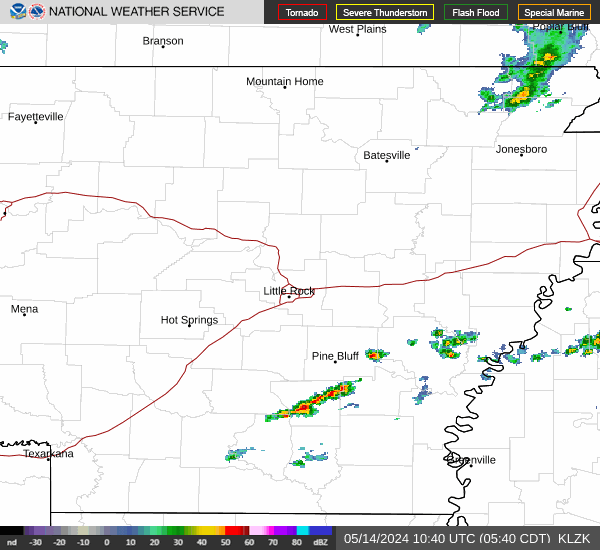Don’t be fooled into planting Bradford Pear Trees.
According to University of Arkansas’ Division of Agriculture in Little Rock, the public needs to “think twice” before planting Bradford Pear Trees. The trees may seem pretty, but they smell “rotten” when they bloom. It’s also a weak tree and is easily damaged by ice and wind, commonly resulting in utility outages.
The Bradford Pear Tree Problem
According to the special report, the tree is commonly planted in areas to turn open areas into woodland land.
Callery (Bradford) pear trees are structurally weak, making them susceptible to damage from wind and ice.
Their seeds, spread by birds, quickly invade and dominate open landscapes like pastures and woodlands.
They are considered invasive because they outcompete and threaten native species and ecosystems.
The dense growth of Callery pear shades out other plants, altering both plant and wildlife communities, and posing a significant threat to native grasslands.
Moreover, these trees provide roosting spots for birds that cause urban nuisances and their flowers emit a foul odor, while their frail nature often leads to utility disruptions.
There Are Alternatives
According to the report, there are some alternatives that is less threatening to the area and less smelly:
- eastern redbud (Cercis canadensis)
- American plum (Prunus americana)
- Mexican plum (Prunus mexicana)
- Carolina buckthorn (Frangula caroliniana)















